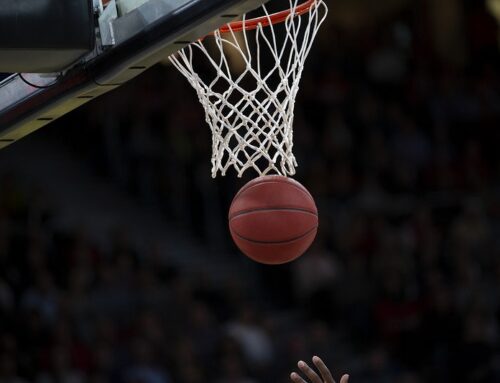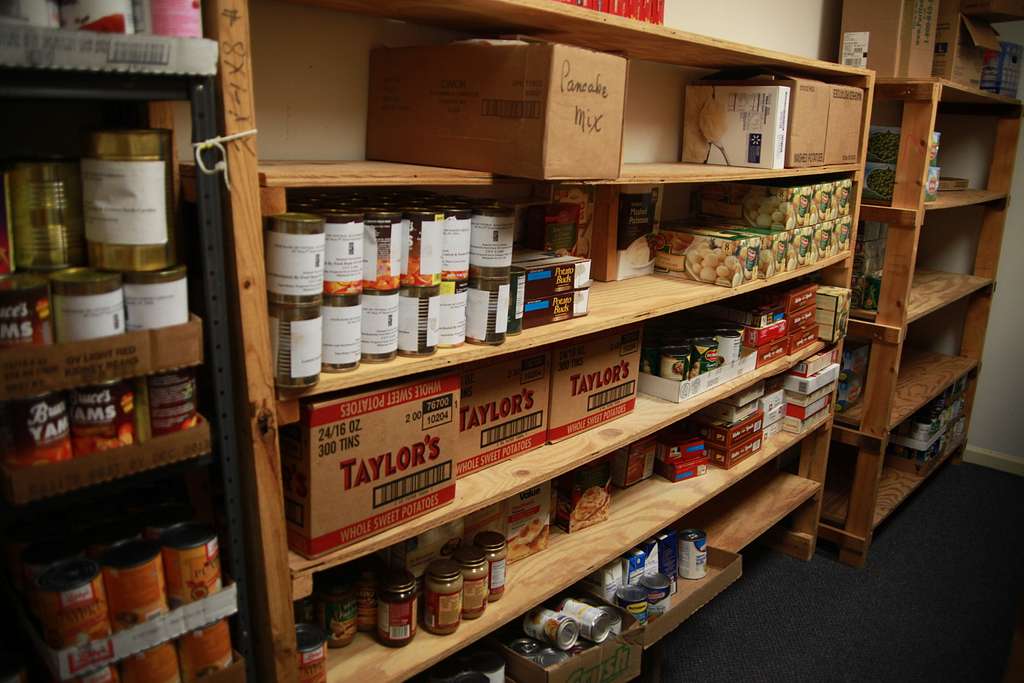As of 2024, college athletes are not only playing for scholarships, but they are playing for money too. The NCAA (National Collegiate Athletic Association) used to have rules that ensured college students couldn’t make money because they were still considered “amateurs”. The new NIL rules would create opportunities for all types of athletes such as football, basketball, gymnastics, swimming, and etc. For example, gymnasts like Olivia Dunne used social media for fame to sign major endorsements to prove that NIL goes beyond game performance. People thought those rules would fail because schools and coaches were making millions of dollars while athletes got nothing.
In 2021, a Supreme Court case called NCAA v. Alston argued if the NCAA should stop athletes from getting money for education-related things, for example money for tutoring and school. For the NCAA side of the argument, people say athletes work hard and deserve to earn money just like anyone else. The people against it say that it could create an unfair playing field or distract athletes from their education. The court came to conclude that the laws were unfair and schools should be allowed additional benefits to their education. After the decision, the NCAA realized that they needed to change their rules. Therefore, in July 2021, the NCAA decided to let athletes make money from their name, image, and popularity, also known as the NIL. Athletes can now sign deals with companies, appear in ads, or create their own brands without getting in trouble. Experts think NIL will continuously grow and athletes will start getting paid like professionals one day.
As a result in 2024, the NIL changed college sports, so players are signing deals worth millions of dollars and smaller athletes are finding ways to promote themselves on social media. Now with the NIL deals, some athletes might choose schools based on the opportunities with endorsements. Even smaller schools are getting in on the benefits by helping their athletes connect with local businesses. Emily Carter, known for her sharp three-point shooting, signed a partnership with a major sportswear brand to create her own line of sneakers. She also uses social media to promote underprivileged kids get access to sports equipment. Mr. Cortright, a physical education teacher from Millbrook High School says that allowing college athletes to benefit from their NIL is a step in the right direction. “These students dedicate countless hours to their craft, juggling academic responsibilities. It seems only fair that they should have the opportunity to benefit from the value they bring to the table.” Even though they’re making money, they still have to balance practice, games and classes. In the end, the new rules are giving college athletes a chance to do more than just play sports.







